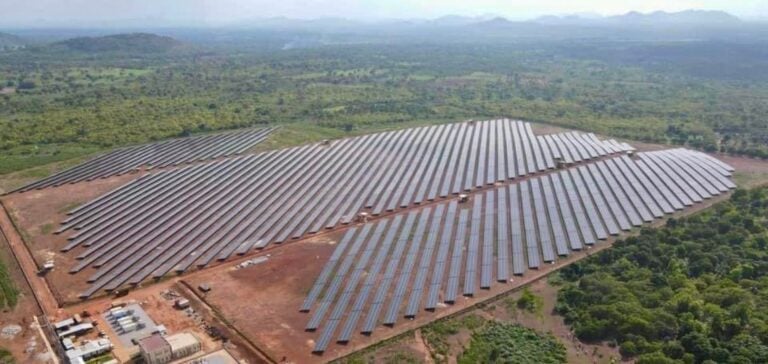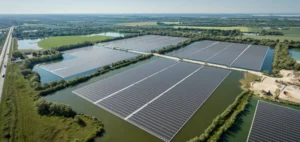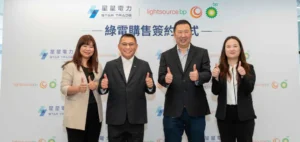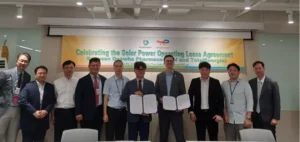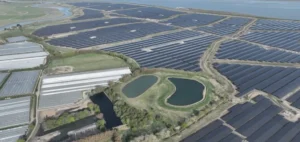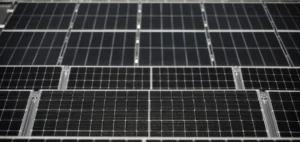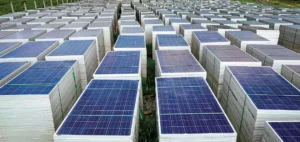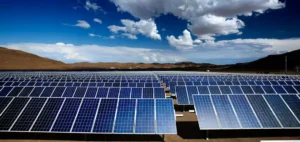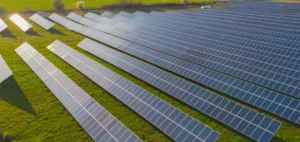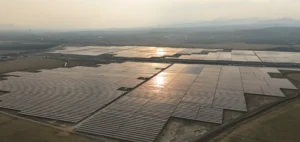On April 3, 2024, Côte d’Ivoire officially commissioned its first solar power plant in Boundiali, the largest in West Africa. With an initial capacity of 37.5 MW and an extension project already underway, this plant represents an investment of 75.6 million euros, financed in part by Germany and the European Union. This achievement is in line with the country’s goal of achieving a 45% renewable energy mix by 2030, while the country also signed an agreement with Masdar in 2023 for a future solar power plant.
An internationally supported project
The inauguration ceremony was attended by Myriam Ferran, Director General for International Partnerships at the European Commission, who expressed her satisfaction at the completion of this structuring project. She stressed the importance of this investment as part of Côte d’Ivoire’s energy transition, a country eager to increase its share of renewable energies to meet its growing energy needs in a sustainable way.
Social and economic impact
This project should not only facilitate the electrification of several villages, but also improve the quality of service for more than 430,000 Ivorian households. With electricity coverage rising from 33% in 2011 to 82% in 2022, Côte d’Ivoire is making significant progress in terms of energy accessibility. This development will add to the country’s energy production, two-thirds of which is currently based on thermal energy, with the remainder supplied by hydroelectric dams.
A significant contribution to the energy mix
Since 2014, the share of renewable energies in Côte d’Ivoire’s energy mix has risen by an impressive 53%, from 604 MW to 925 MW. The Boundiali solar power plant contributes to this growth and supports Côte d’Ivoire’s ambitions to double its installed capacity, currently estimated at around 2,500 MW, by 2030.
In addition to meeting its domestic needs, Côte d’Ivoire exports around 10% of its electricity production to six neighboring countries, including Ghana, Togo, Benin, Burkina Faso, Mali and Liberia. This role as an energy exporter reinforces Côte d’Ivoire’s position as an energy leader in the region, illustrating its approach not only to national sustainable development but also to regional energy stability.

